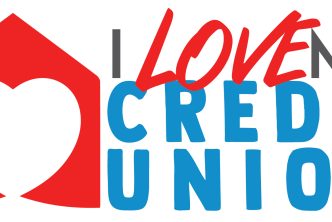When a member who receives Federal government benefits into their credit union account through the Automated Clearing House (ACH) dies, the Federal government will send a Notice of Reclamation to recover all benefit payments that were made since the member’s death. This procedure of recovering federal government benefit payments is referred to as “Reclamation.”
The following are six things you should know about this procedure:
- The CU’s Implicit Agreement with the Government: By accepting a recurring benefit payment from the government, a credit union agrees to the provisions of reclamation and authorizes the debiting of the credit union’s Federal Reserve Bank account, if the government deems it necessary. For example, if a credit union does not return the full amount of the outstanding total or any other amount for which the credit union is liable in a timely manner, the Federal Government will collect the amount outstanding by instructing the appropriate Federal Reserve Bank to debit the credit union’s account.
- Member Notice when Closing the Account: If a credit union closes an account to which benefit payments currently are being sent, the credit union must provide 30 calendar days written notice to the recipient prior to closing the account, except in cases of fraud.
- Identification Verification: A credit union that accepts an authorization without verifying the identity of the recipient will be liable to the Federal Government for all credits or debits made in reliance on the authorization.
- Incorrect Account Number: If an agency determines, after appropriate investigation, that a loss has occurred because of a credit union error, for example, an incorrect account number, the agency will notify the credit union and provide the credit union with a reasonable opportunity to respond. If the credit union doesn’t respond, or responds insufficiently, the agency may have the amount debited from the credit union’s Federal Reserve Bank account.
- Notice of Misdirected Payment: If a credit union becomes aware that an agency has originated an ACH credit entry to an account that is not owned by the payee named in the ACH payment information, the credit union must promptly notify the agency. A credit union that originates a Notification of Change (NOC) entry with the correct information or returns the original ACH credit entry to the agency with an appropriate return reason code, will be deemed to have satisfied this requirement.
- Notice of Death: A credit union must return any benefit payments received after the credit union becomes aware of the death or legal incapacity of a recipient, regardless of the manner in which the credit union discovers this information. If the credit union learns of the death or legal incapacity of a recipient from a source other than notice from the agency, the credit union must immediately notify the agency of the death or incapacity. The proper use of the R15 or R14 return reason code will be deemed to constitute this notice.
For more information: Treasury’s Green Book: Chapter 5 – Reclamations. Read the full InfoSight newsletter here.





